The U.S. and China are vying to control the world’s digital infrastructure, and the new “Peace Cable” has Europe caught in the middle.
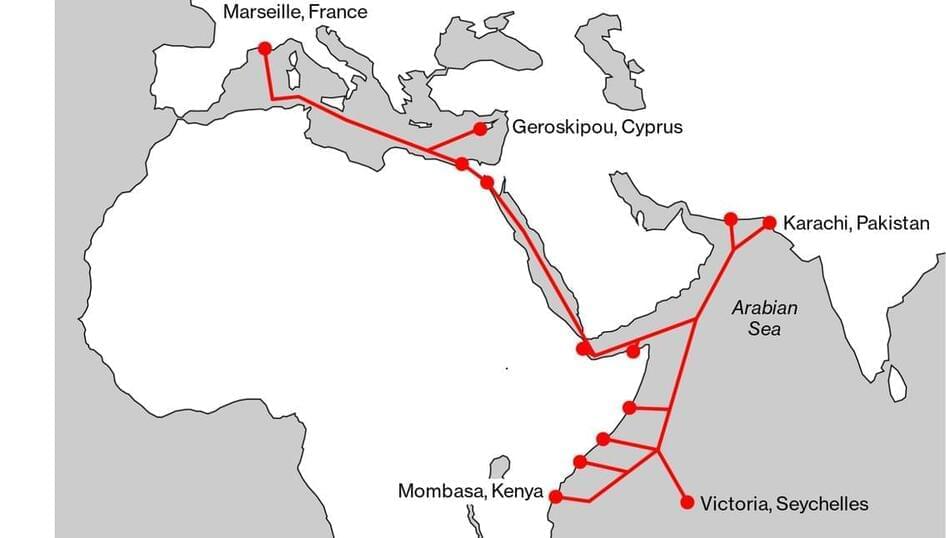

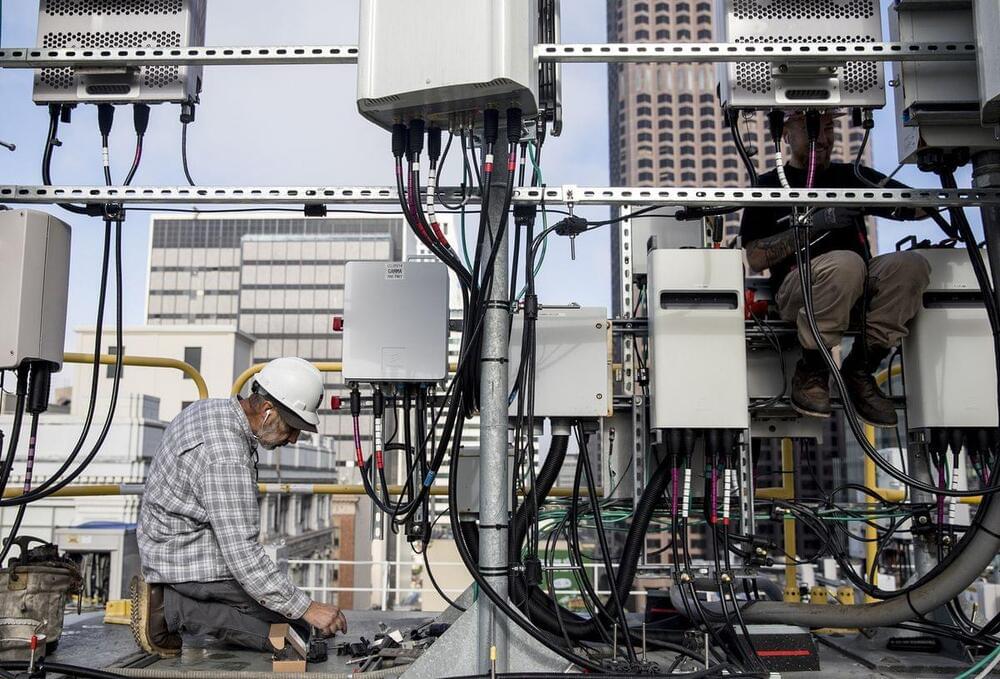

SpaceX drone ship Of Course I Still Love You (OCISLY) departed Port Canaveral on January 1st, heading to sea on the first day of the year for SpaceX’s first launch of 2022.
With a launch manifest that’s never been more jam-packed and seemingly achievable, it’s no surprise that SpaceX is wasting no time kicking off what could be its third record-breaking year in a row. Barring delays, drone ship ASOG will arrive about 640 km (400 mi) downrange at its recovery site – just northeast of the Bahamas – a day or two before Falcon 9’s first launch and landing attempt of the year. Known as Starlink 4–5 (Group 4 Launch 5) and scheduled to lift off no earlier than (NET) 4:49 pm EST (21:49 UTC), Thursday, January 6th, it will be SpaceX’s 34th dedicated Starlink launch since May 2019.
Perhaps more importantly, if the mission goes to plan and doesn’t have rideshare payloads, SpaceX will start 2022 having just launched its 1997th Starlink satellite, including two prototypes that came to be known as Tintin A and B and kicked off the constellation’s in-space hardware testing phase in February 2018. Excluding all prototypes, Starlink 4–5 will mark the launch of more than 1900 (1922) nominally operational Starlink satellites.

US authorities asked major telecoms operators to hold off on their planned rollout of 5G networks for a second time, after aerospace giants Airbus and Boeing voiced worries about potential interference. US requests delay on 5G rollout amid air traffic concerns.
The rollout and delay represent financial problems for two key US industries.
The telecom operators that paid billions for frequency licenses are eager to launch the commercial use of the 5G technology.
On the other hand, the aviation industry fears potential problems caused by frequency interference that could have widespread ripple effects.
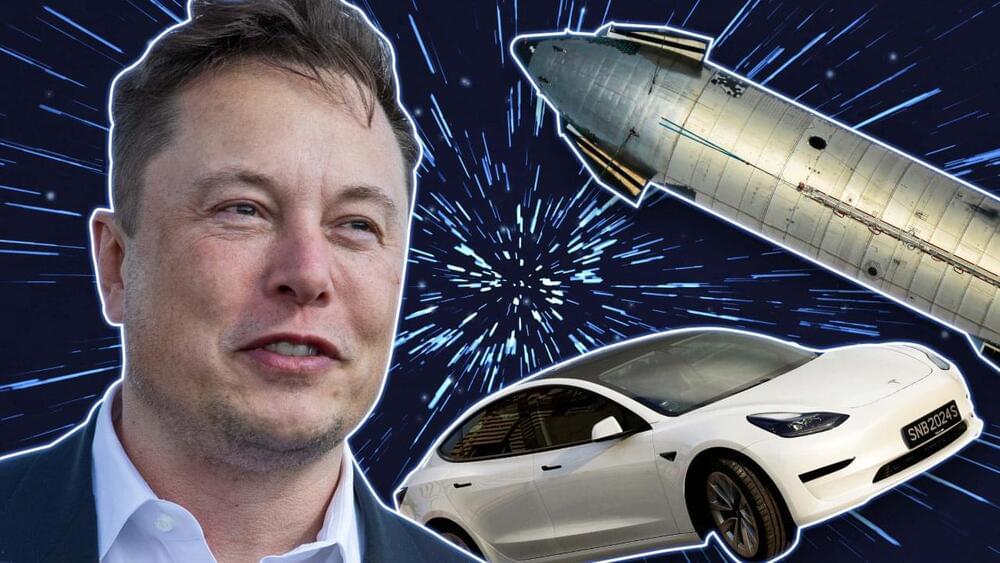
This year, billionaire CEO Elon Musk reached several milestones across Tesla, SpaceX and Starlink. WSJ reporters Rebecca Elliott and Micah Maidenberg break down some of his biggest moments in 2021 and what’s to come in 2022. Illustration: Tom Grillo.
In-Depth Features.
A global look at the economic and cultural forces shaping our world.
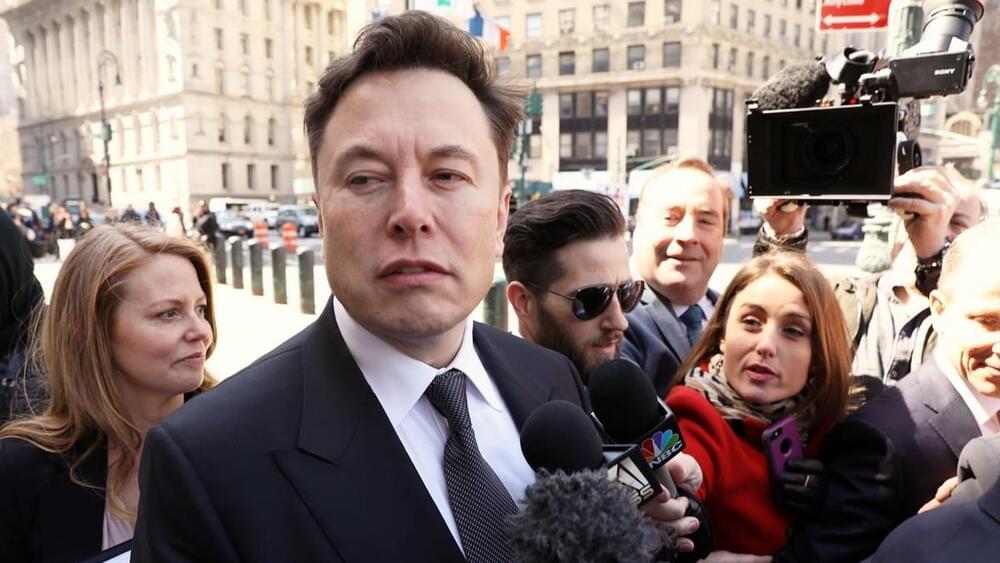
In a recent interview, Elon Musk rejected the claims about Starlink satellites crowding the space.
Couple of days ago, China complained to the UN that their space station had two close encounters with Starlink satellites and for safety reasons they implemented preventive collision avoidance control. China’s complain stated that the first incident occurred on 1st July and the second one was on 21st October 2021.
For your information, Starlink is the satellite internet constellation started by Elon Musk’s SpaceX and it aims to provide low cost high speed broadband internet service in every corner of the world, especially in rural places where cell services are not that advance. Currently there are over 1200+ Starlink satellites in space.
An echo chamber is an infinity of mirrors. Photo: Robert Brook via Getty Images
“One way the internet distorts our picture of ourselves is by feeding the human tendency to overestimate our knowledge of how the world works,” writes philosophy professor Michael Patrick Lynch, author of the book The Internet of Us: Knowing More and Understanding Less in the Age of Big Data, in The Chronicle of Higher Education. “The Internet of Us becomes one big reinforcement mechanism, getting us all the information we are already biased to believe, and encouraging us to regard those in other bubbles as misinformed miscreants. We know it all—the internet tells us so.”
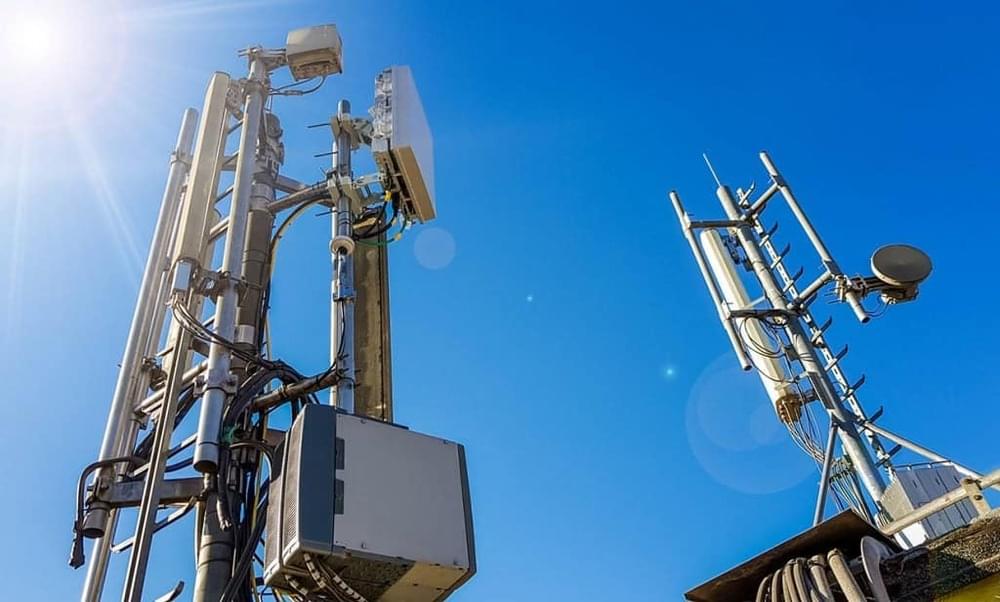
Since the commercialization of 5G network, there has been a rapid spread of this communication network. However, there are still critics who believe that there is no real need for 5G. Some of these critics believe that 4G LTE can do just what 5G can handle. However, this really depends on what the user does with the network. Have you used 5G network? How do you feel about the internet speed?

Trivergence is starting to affect every industry. In financial services, the wallet has become a smart app that can collect data and learn. On a blockchain, users can exchange, save, borrow, invest and protect this digital money peer-to-peer without the intermediation of banks. In manufacturing, 3D printers are manufacturing aircraft parts in a Boeing facility with a blockchain network facilitating all the patented files, contracting and payments peer-to-peer. Telecommunications companies are no longer negotiating complex, costly and ever-changing roaming agreements, but using blockchain-based smart contracts among providers to automate the web of payments and settlement globally.
Over time, the Trivergence will usher in a next-generation internet where nearly every animate and inanimate object on Earth generates data, a distributed ledger records and secures this data and AI analyzes the data, communicates with the objects, alerts their owners and continuously adjusts and improves the efficiency of the economy and the sustainability of its effects on the environment.
New business models enabled by this Trivergence are beginning to disrupt many industries and provide platforms for innovation in the economy for decades ahead. This second era has weighty implications for every business, government and individual, as well as technology strategy, architecture and leadership. If we can overcome the dark side — and that’s a big “if” — this Trivergence helps us reclaim our digital identities, effectively fight climate change and help solve some of the world’s most intractable problems.
